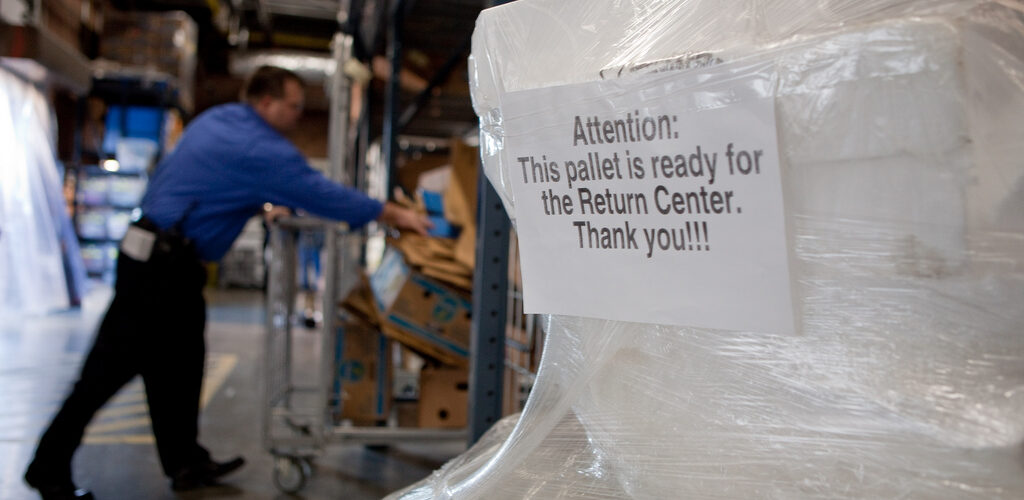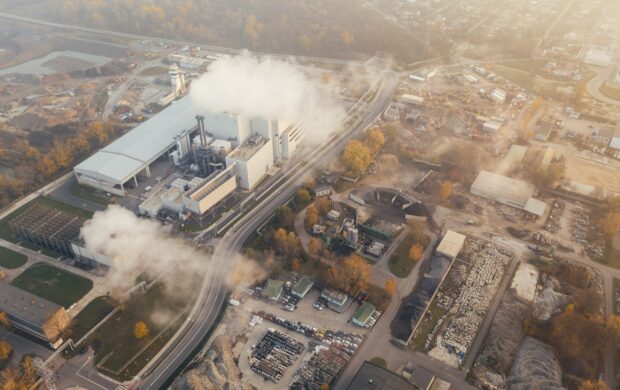In our topic hub on the future of shipping, we’re asking how the rise of reverse supply chains will affect the nature of cargo. What opportunities do closed loop and cradle to cradle innovation present for shipping?

Some of the world’s largest multinational businesses have recognised the advantages of ‘closing the loop’ on their supply chains. From energy and water conservation to product take-back programmes, materials reuse and recycling, we are seeing major food and beverage, consumer products and electronics manufacturers move towards becoming ‘zero-waste‘ and ‘zero emissions’ businesses.
The ultimate goal is ‘cradle-to-cradle’ product lifecycles in which all materials used to produce, package and distribute products to consumers are recaptured, reused or recycled. This has seen the emergence of ‘reverse supply chain management’ as a new industry. Aiming to close the loop on the supply chain, these companies offer an integrated one-stop shop for re-manufacturing, as well as reusing and recycling products, their constituent parts and raw materials.
We will witness an evolution in logistics and distribution systems as more sophisticated reverse supply chains emerge, in order for base materials to be sorted and sent to the respective materials processing plants. This would have both environmental and economic implications. A simplistic scenario of a 100% successful product take-back would mean twice the distance travelled, freight cost, CO2 emissions and packaging for every product.
Image credit: Walmart












